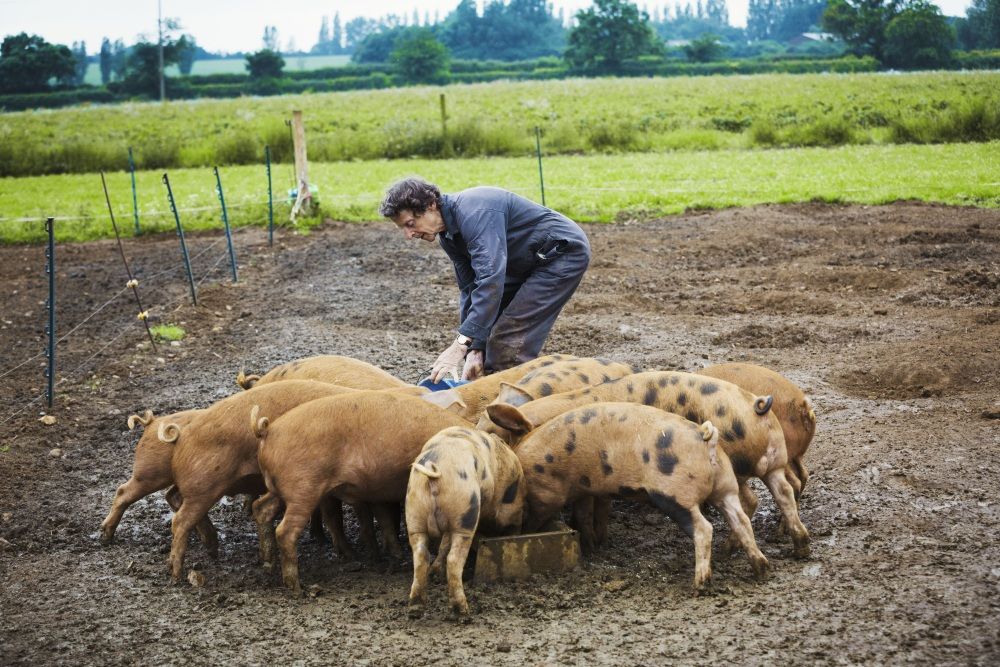
Brexit has "exacerbated an already deteriorating situation" regarding the ability of the pig industry to attract labour.
The National Pig Association (NPA) has submitted a second tranche of written evidence to the Environment, Food and Rural Affairs (EFRA) Committee's inquiry into labour constraints in the agricultural sector.
In its written submission, the NPA said the situation "continues to deteriorate slowly".
"The important point needs to be reiterated that that this situation is not being caused by Brexit just exacerbated by it," it said.
"What we need to address is the fundamental lack of desire by people, regardless of where they were born, to work in agriculture. EU workers have filled the gap created by a lack of UK nationals who are interested in doing the job and for now, we need continued access to these people."
Harder to secure
The NPA submission highlights results from last autumn's NPA labour survey, which found that 65% of pig farmers were finding it harder secure EU labour since the June 2016 Brexit vote. No respondents said it had become easier.
Nearly a third of farmers who replied stated that they have had EU migrant labourers leave the UK since the EU referendum, citing uncertainty of migration policy, the change in currency exchange rate and discrimination in their communities.
Around half of farmers who continue to employ migrant labourers reported that their staff were considering leaving in the future because of Brexit.
The NPA submission adds: "The main problem here is that across the world, agriculture is seen as the bottom rung on the career hierarchy and we (both industry and Government) haven’t done an effective job of communicating to people that not only is growing and providing food absolutely critical, but also so much more technologically advanced in many sectors."
It says the industry needed to invest in businesses to upgrade old farm buildings and use new technology and innovation, including automation where possible, in order to be better able to recruit and retain staff. Farmers could also invest in fewer, better skilled staff.
Attracting labour
The response outlines steps that have been taken to better attract and train domestic labour and highlights further steps that need to be taken, including accessing school leavers and making apprenticeships more accessible.
But it stresses that the industry needs to retain access to EU labour and that seasonal schemes will not fill the gap for the pig sector.
"The issue is that we need permanent workers to come and work in the pig industry which means that if we employ EU migrants, they need to stay/live here. This isn’t the same issue as seasonal workers, as they come, do the work and then leave again," the submission states.
"We need to ensure that people come here to work – and therefore to ensure that migration is controlled in that respect and doesn’t allow people to come to the UK with no job to go to.
"We need to have some kind of immigration system in place that continues to allow ‘unskilled’ people to come here to work but that also allays the concerns of the general public by preventing unfettered access."
It concludes: "Agriculture is strategically important. Politicians are currently saying British food will become more important post Brexit and if we are to source more food from here we will need the people to rear the animals."
